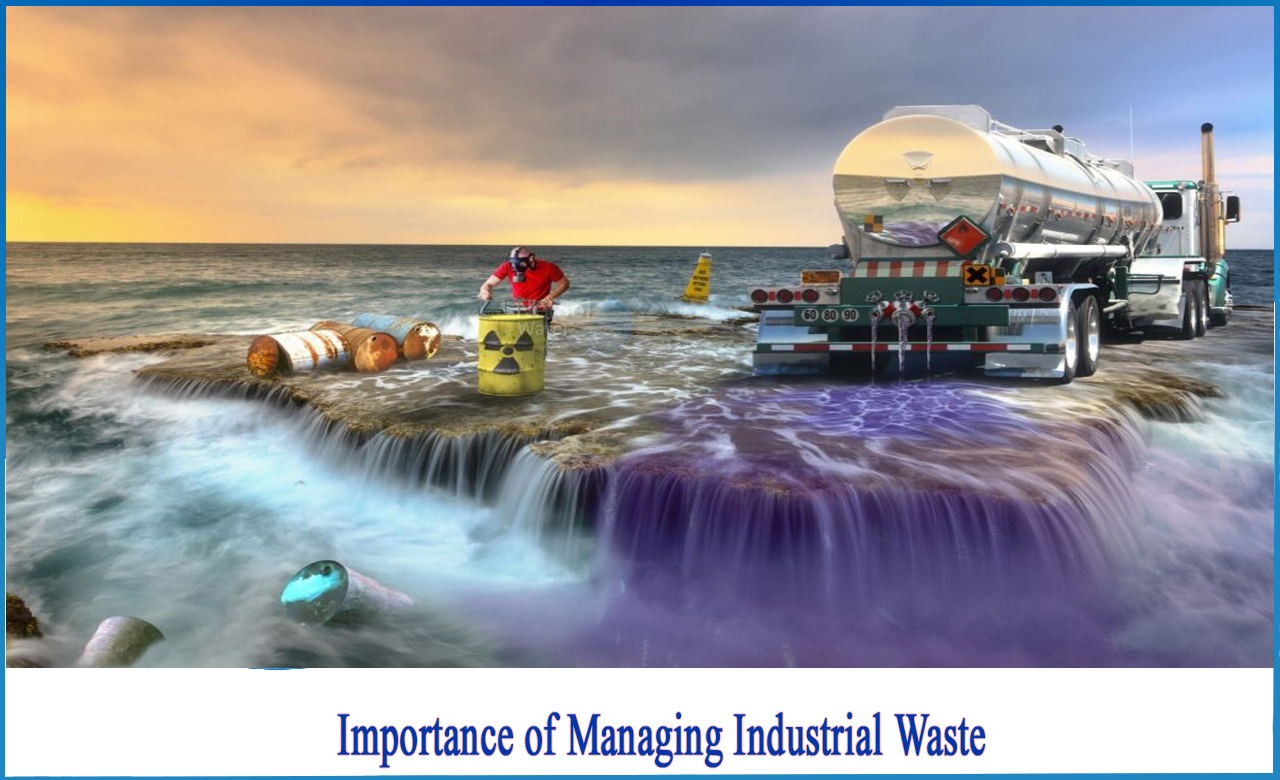The Ultimate Guide To Reclaim Waste
Wiki Article
Excitement About Reclaim Waste
Table of ContentsReclaim Waste for BeginnersThe Single Strategy To Use For Reclaim WasteReclaim Waste Can Be Fun For AnyoneEverything about Reclaim WasteUnknown Facts About Reclaim Waste
Discover the kinds, events, and kinds of fluid waste. Domestic sewer waste refers to the waste and products from a property septic container. This kind of waste is produced by people in houses, schools, and various other structures. This only includes sewage-disposal tanks that have a drainpipe field. The appropriate administration and disposal of domestic sewer waste require liquid waste to be moved to a sewage therapy plant where the appropriate techniques and tools are related to cleanse and take care of waste.
Industrial waste frequently includes possible risks, such as flammable materials or a mix of liquid and strong waste items, and requires a more advanced and detailed disposal process. The disposal of industrial waste usually involves the filtration of waste before transportation to make certain secure and proper disposal. Hazardous waste is developed from results and runoff of industrial procedures and manufacturing.
This kind of waste can not utilize the exact same sewage monitoring transport or processes as septic or commercial fluids. The hazardous waste monitoring procedure requires the assessment and screening of liquid waste before it goes through the disposal process (liquid waste disposal melbourne). Drainage waste is the fluid waste that originates from drainage and excess stormwater in highly booming locations or cities
Runoff waste can create contamination and flooding if not dealt with properly. Discover more regarding sewage system cleaning and waste monitoring. Ensuring appropriate waste administration can prevent calamities and reduce ecological damage. Both individuals in household setups and professionals in business or production markets can benefit from recognizing the procedures and laws of fluid waste administration.
Little Known Facts About Reclaim Waste.
Call PROS Services today to find out about our waste monitoring and disposal services and the correct ways to look after the liquid waste you create.(https://profile.hatena.ne.jp/reclaimwaste1/)This supposed 'wastewater' is not only an essential source but, after therapy, will be released to our land, rivers or the ocean. Made use of water from toilets, showers, bathrooms, cooking area sinks, washings and industrial processes is recognized as wastewater.

water made use of to cool machinery or clean plant and tools). Stormwater, a type of wastewater, is drainage that flows from farming and urban locations such as roofing systems, parks, yards, roads, paths and seamless gutters into stormwater drains pipes, after rain. Stormwater streams neglected straight to regional creeks or rivers, ultimately getting to the sea.
The 4-Minute Rule for Reclaim Waste
In Queensland, most wastewater is treated at sewage treatment plants. Wastewater is carried from residential or commercial sites with a system of sewers and pump stations, known as sewerage reticulation, to a sewer therapy plant.The Department of Natural Resources encourages city governments concerning managing, operating and keeping sewerage systems and treatment plants. In unsewered areas, neighborhood federal governments might call for owners to set up individual or home sewage treatment systems to treat domestic wastewater from commodes, kitchens, washrooms and washings. The Division of Natural Resources authorizes making use of house systems when they are verified to be effective.
The majority of stormwater gets no treatment. In some brand-new neighborhoods, treatment of some stormwater to eliminate trash, sand and crushed rock has begun using gross toxin catches. Wastewater therapy happens in 4 phases: Eliminates strong issue. Larger solids, such as plastics and various other objects incorrectly released to sewage systems, are removed when wastewater is passed through screens.
Wastewater then streams right into large containers where solids settle and are removed as sludge. Grease and scum are skimmed from the surface. Utilizes small living microorganisms referred to as micro-organisms to damage down and get rid of remaining liquified wastes and great bits. Micro-organisms and wastes are included in the sludge. Removes nitrogen and phosphorus nutrients that might cause algal blossoms in our waterways and threaten aquatic life.
The Facts About Reclaim Waste Uncovered
Nutrient removal is not readily available at all sewer therapy plants due to the fact that it calls for costly specialized devices. Clear liquid effluent created after treatment may still contain disease-causing micro-organisms - industrial wastewater treatment.
A lot of wastewater flows right into the sewerage system. Under the Act, neighborhood federal governments administer authorizations and licences for eco appropriate tasks (Ages) entailing wastewater releases that could have a regional influence.
Not known Details About Reclaim Waste
Or else, examples are considered laboratory evaluation. Often lots of examinations are needed to establish the degrees of each of the various pollutants such as oils, heavy metals and chemicals in water. Surveillance provides accurate info concerning water quality and can confirm that licence problems are being fulfilled. The details obtained with tracking gives the Get More Information basis for making water quality choices.Report this wiki page